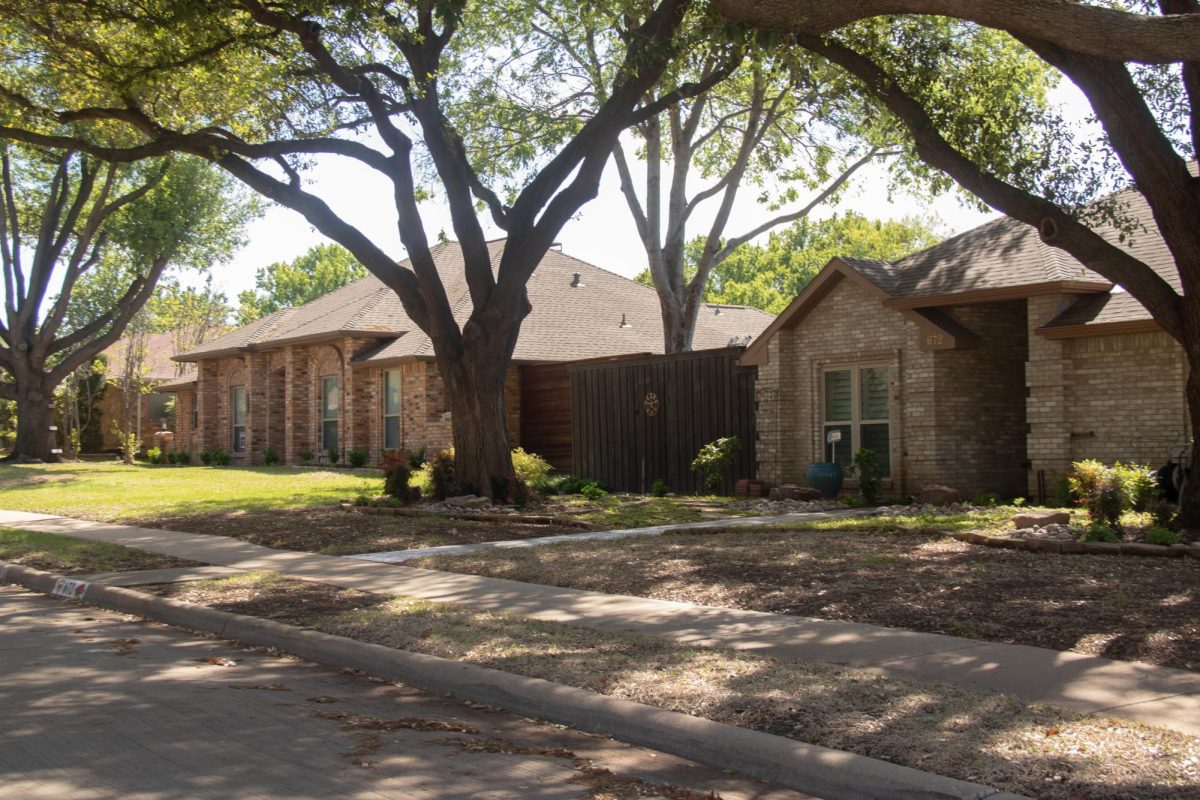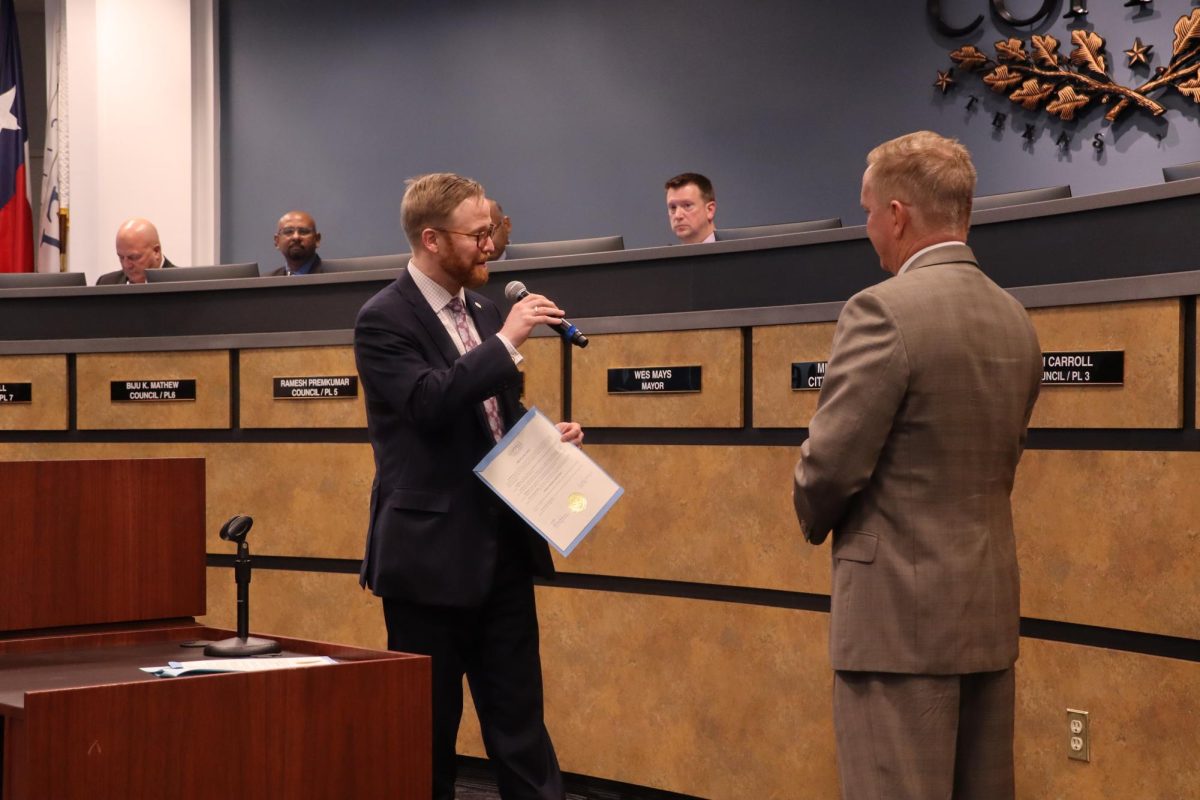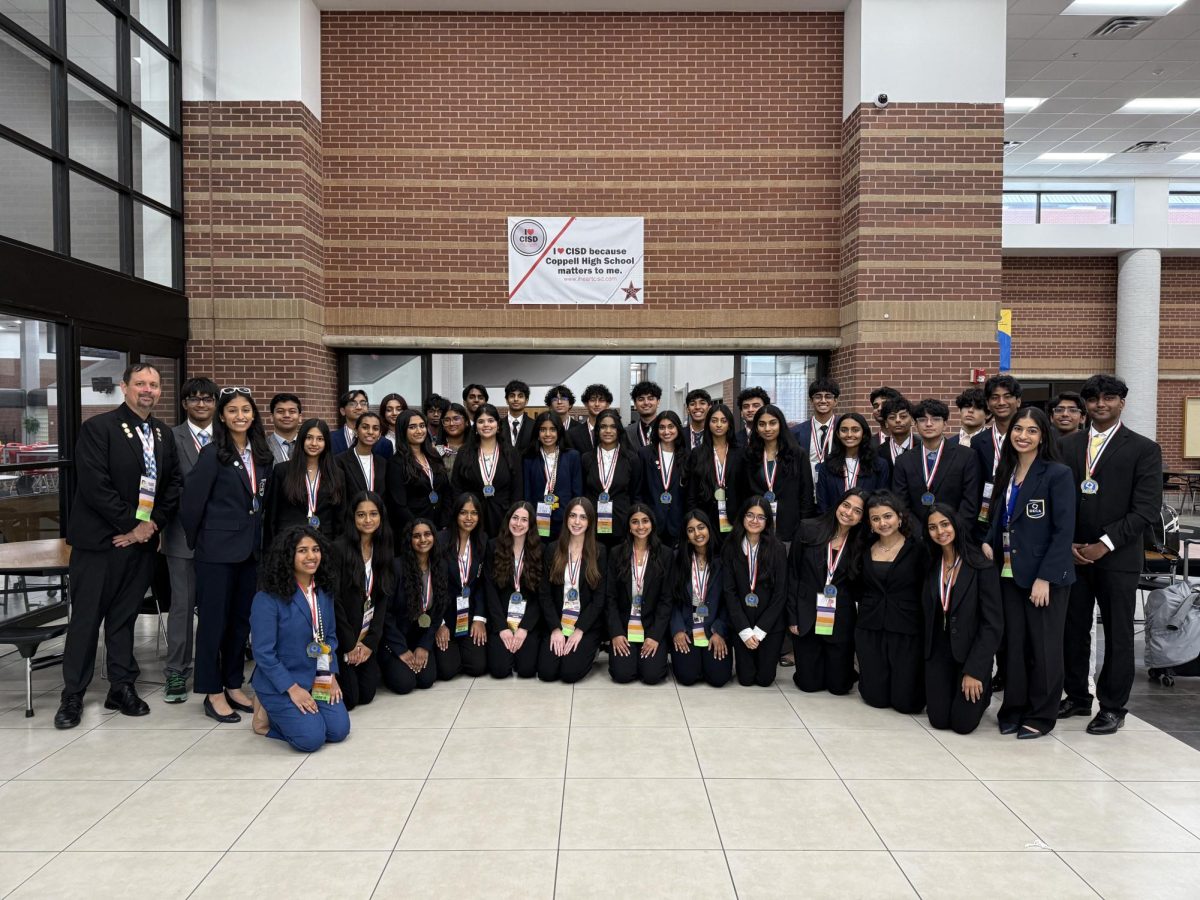To maintain its neighborhood integrity, the City of Coppell is launching a trial rehabilitation program to assist owners of older homes with exterior improvements.
According to the director of community development Mindi Hurley, community infrastructure has started to age with approximately 63.3% of homes in Coppell at 30 years or older. Through this trial program, homeowners can apply for a grant with up to 50% reimbursement for external renovations costing up to $10,000. To be eligible for this grant, homes must be 30 years or older, projects must total $1,000 or more and all projects must receive building permits and pass inspections.
In its Feb. 13 meeting, Coppell City Council mandated that renovations can only take place in owner-occupied homes during the trial period.
“For me, it was important to prioritize our homeowners just to make sure the people that have lived in the community for a while have an opportunity to take advantage of the grant first,” council member Kevin Nevels said.
The City Council has budgeted $100,000 from the previously unallocated American Rescue Plan Act funds to finance the trial program. One grant can be awarded per property in a 24-month period with a maximum grant value of up to $10,000. This could mean that only 10 homeowners will be able to utilize these funds.
“We hope that all $100,000 is utilized,” Hurley said. “Let’s say I applied for $5000 worth of work to my home, I would only get $2500 back. That allows more people to get [money]. However far we can allocate the funds is what we want to do.”
However, funding is specifically for external renovations. No internal renovations will be covered through the program.
Marketing for this program will tentatively start at the end of March, with applications for the grants opening around three weeks later. An online form will be made available to citizens who can then fill out, print and submit in person. In addition to the form, individuals need to attach documentation including quotes of renovation costs.
“It’s going to be first come, first serve,” Hurley said. “They will bring all the documentation to us partly, because we don’t want things to get lost in the system. It guarantees that we can date and time stamp [the submissions], so that we can show when we received it and which order we received it in, and know there was fairness in it.”
Currently, an annual amount of $200,000 has been earmarked for the implementation of this program in the five-year forecast for fiscal year 2025-26. However, continuation of this program is dependent on council approval after the trial period ends and the program is evaluated.
“The thing I’m looking for is utilization,” Nevels said. “Is this a program that our community wants? Will we have people [who] take advantage of it? The popularity of the program will help determine if we continue, and if it’s a very popular program, then we have to look at being careful with taxpayer money.”
After the trial period ends, funding for the program will come from Coppell’s general fund. This, however, has sparked concern for council member Jim Walker.
“I just don’t think that we should be taking from one group of taxpayers that are taking care of their home and all of those things that are incidental to home ownership, and using their tax dollars for people that decide they want to apply for a grant, and have the city fund up to $10,000 of the same types of improvements,” Walker said. “We’ve got to be very prudent with how we spend our taxpayers’ dollars.”
Walker is also apprehensive that the program may work in the opposite manner than intended.
“People would apply for the grant thinking, ‘Gosh, it’s going to cost $15,000 to paint my house. I’ll apply for this grant and see if I can get $10,000,” Walker said. “But then the grant doesn’t get approved, so then they think, ‘well, I’ll hold off on painting my house and I’ll apply next year,’ and it still doesn’t get approved. So now, they’ve gone three years not painting their home, when, if that program wasn’t there to incentivize them to put it off until they got the money from the city, they probably would have already had it painted.”
Nevels acknowledges concerns about employing taxpayer money for this program but is looking at its holistic effects.
“What I would say to that is, I definitely understand his concerns about [taxpayer money usage], but I think it’s important for us to consider our neighborhood integrity and maintain property values,” Nevels said. “That’s why I’m really interested in the pilot program, to see if this is going to be a good program for the community as a whole.”
Follow @sriachanta_ and @CHScampusnews on X. Sports assignment editor Ava Johnson contributed to this report.











